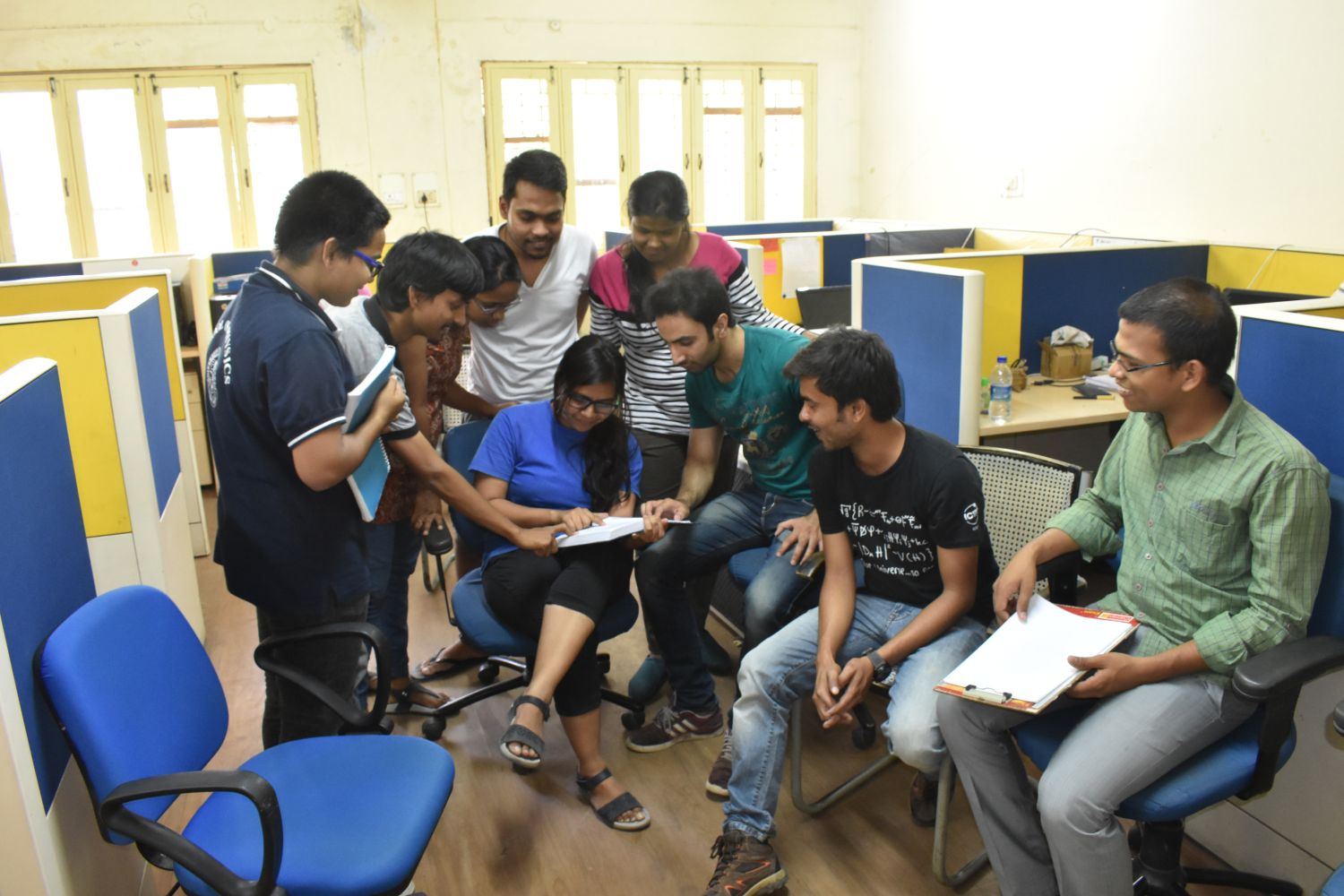Academics

The teaching programs cater to, educate and train a broad section of students in Physics with specialization in Condensed Matter Physics, Quantum Optics and Photonics, Particle and Highenergy Physics, Electronics Science and Technology, and Earth sciences.
Dedicated teaching labs at the IMSc / M.Sc. level with equal emphasis on theory and experiments with an independent project work during the final two semesters are major thrust aspects of the teaching program. The student-teacher ratio is highly favorable for individual interactions.
In addition to core Physics courses, a large number of specializations, optional and elective courses are offered and taught by field-experts. All the courses are revised and upgraded periodically keeping in mind the changing education and research scenario.